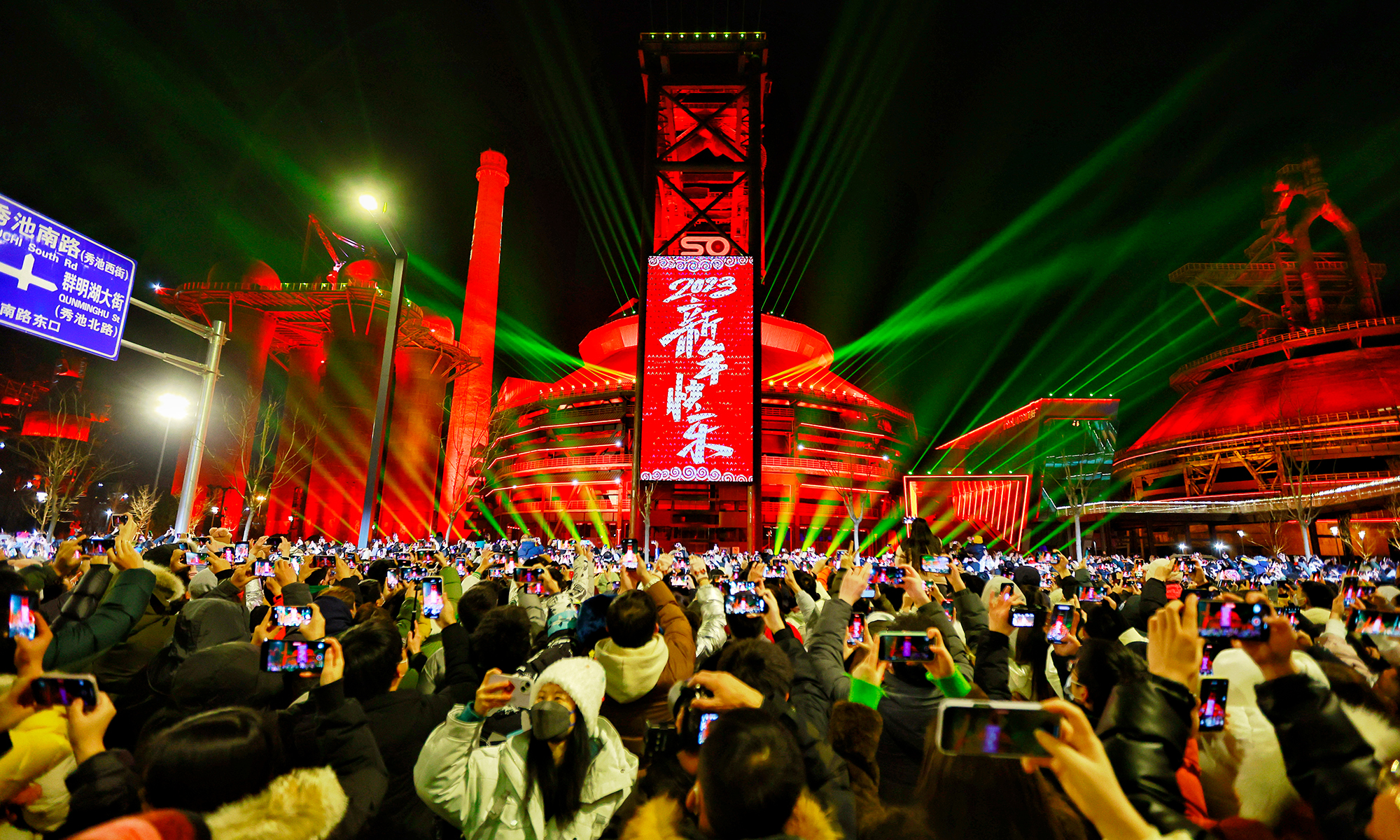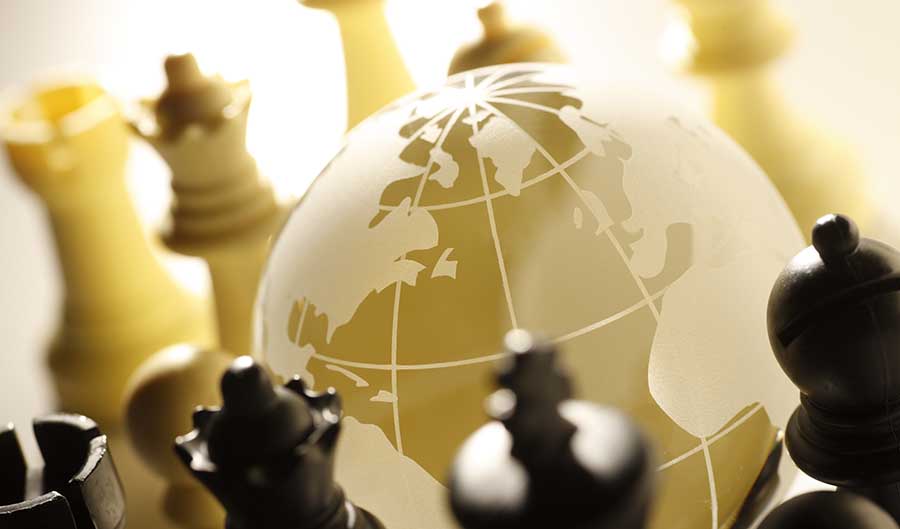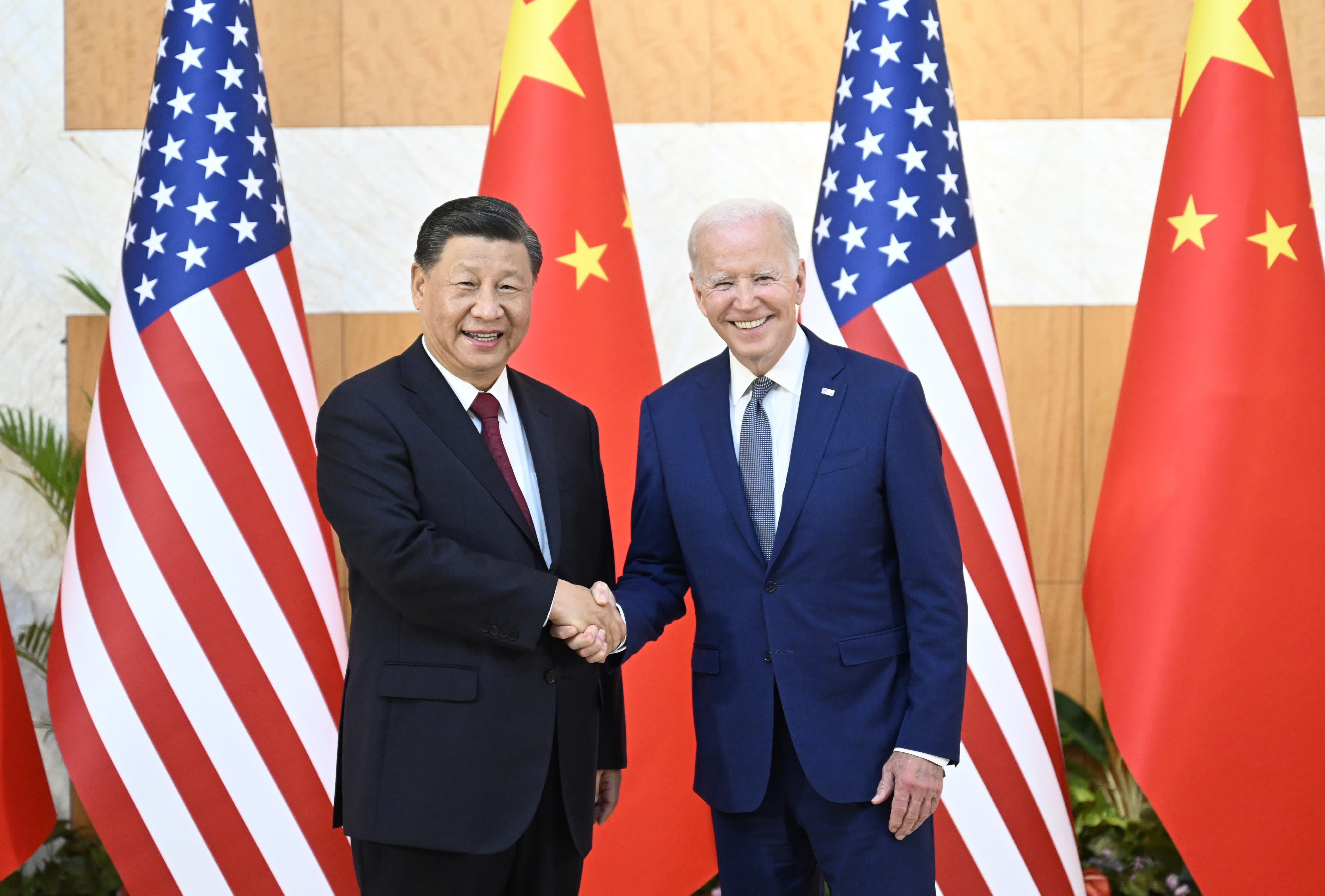
It is the mission of the think tank to stay on high alert against potential risks and explore possible solutions to challenges. The international system is currently undergoing the most dramatic changes since the end of the Cold War. The peaceful and open international environment, which has been taken for granted over the last four decades, is now overshadowed by formidable challenges. In this context, it is the think tank’s responsibility to explore and identify external security risks that might pose threats to China in the months and years ahead.
Chen Jimin, Guest Researcher, Center for Peace and Development Studies, China Association for International Friendly Contact
Jan 19, 2023
At the North American Leaders’ Summit in Mexico City in early January, the unmistakable undercurrent was U.S. competition with China. Clearly, China should increase its political support for Latin American countries in their efforts to gain equal footing with the United States.
Lucio Blanco Pitlo III, President of Philippine Association for Chinese Studies, and Research Fellow at Asia-Pacific Pathways to Progress Foundation
Jan 19, 2023
Philippine President Ferdinand Marcos Jr.’s visit to Beijing may help set the tone for cordial bilateral ties with China, but could also stir wariness on the part of the country’s longstanding treaty ally, the United States. The Philippines must carefully navigate its position to avoid being seen as favoring either side.
Jan 13, 2023
Stephen Roach has long been one of Wall Street’s most influential economists. His work has appeared in academic journals, books, congressional testimony a

Wu Xinbo, Director of the Center for American Studies, Fudan University
Jan 12, 2023
The United States lacks the strength and influence to simultaneously contain both China and Russia. As with the Iraq and Afghanistan wars, its policies will place it in strategic overdraft and lead to more strategic errors.
Doug Bandow, Senior Fellow, Cato Institute
Jan 11, 2023
The thought of full-blown war with China has become mainstream in the aftermath of Russia’s Ukraine invasion. A potent mix of simmering animosity and economic concerns have created a heated climate that both sides need to take a step back from before the U.S. or China falls victim to the intoxicating pull of escalation.
Richard Javad Heydarian, Professorial Chairholder in Geopolitics, Polytechnic University of the Philippines
Jan 11, 2023
Geopolitical tensions unleashed by the war in Ukraine continue to influence Sino-American relations and the reshaping of state relationships in Southeast Asia.
Harvey Dzodin, Senior Fellow, Center for China and Globalization
Dec 02, 2022
To me, an eternal optimist, the United States and China appear more and more likely to be on a collision course for war. Recent US regulatory actions amount to nothing less than an economic and technological declaration of war against China and its 1.4 billion people.

David Shambaugh, Gaston Sigur Professor and Director of China Policy Program at George Washington University, Distinguished Visiting Fellow at Hoover Institution of Stanford University
Nov 18, 2022
Presidents Xi Jinping and Joseph Biden met for over three hours in Bali in advance of the G-20 Summit. The discussion was another frank exchange that aired the differences between the two sides, and it also succeeded in establishing some more regularized working level exchanges between the two governments.
Doug Bandow, Senior Fellow, Cato Institute
Nov 15, 2022
U.S.-China relations seemingly take place between two inevitable foes, descending each week over a multitude of rows ranging from economic to ideological. However, the imminent threat that each side believes the other to be is an exaggeration of manageable competition between two powerful and influential nations.
Back to Top

- China-US Focus builds trust and understanding between the U.S. and China through open dialogue among thought leaders.
- Our Offerings
- Topics
- Videos
- Podcasts
- Columnists
- Research Reports
- Focus Digest
- Stay Connected
-
Thanks for signing up!
- Get the latest stories from China-US Focus weekly.